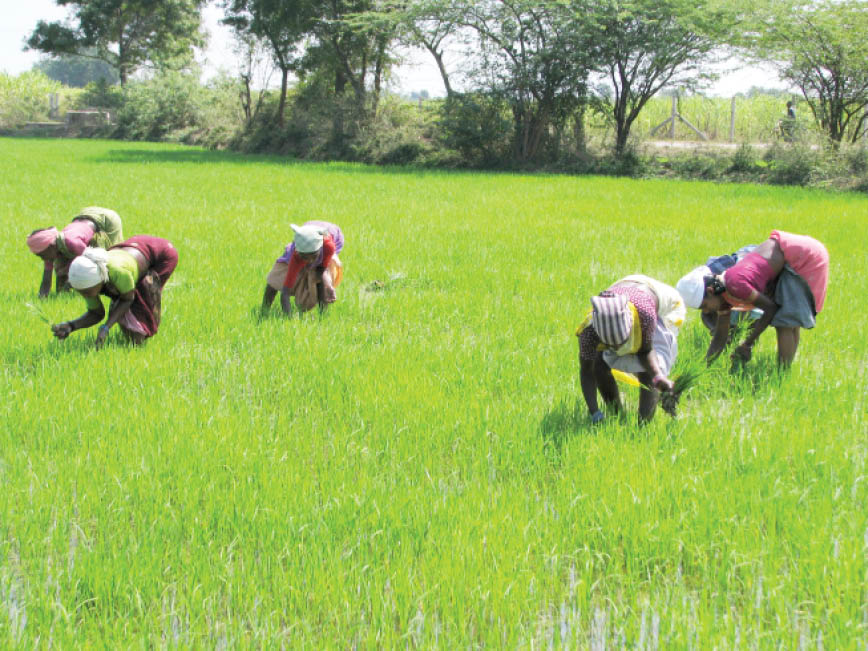My work in agriculture over the last four years involved working with smallholders and working with stakeholders in order to overcome smallholder isolation. I share and uphold the view of valuing smallholder farmers and supporting their agriculture against their total obliteration in favour of mechanised agriculture. However, I believe we must be systemic in our inevitable departure from smallholder agriculture and improving the lives of people in other non-farm ways as the world continues transforming through various technologies. In our renewed obsession with agriculture and going back to the farm, Nigeria must remember that smallholder agriculture should be a means to a much greater, wholesome end.
Barely 60 years ago, countries like Japan and South Korea were predominantly smallholder farming societies. Today they are giant manufacturing and technology-driven service economies. Like many countries in their league, they concentrated on devising great policies and public investments in infrastructure, agricultural research breakthroughs, and extension services to help farmers benefit from new technologies leading to the smallholder farmers in these countries increasing their productivity and incomes, thereby supporting the demand for non-farm businesses and the growth of employment opportunities off the farm.
- Edo receives 76,712 doses of COVID-19 vaccine
- Foundation tasks stakeholders on missing TB cases in Nigeria
Two brilliant academics T.S. Jayne and Lulama Ndibongo Traub narrated the growth of these countries and argued for keeping rural youth in business in a special issue of Foreign Affairs I came across. They recounted that in Japan and South Korea, most smallholder farmers eventually moved into these manufacturing and technology jobs over time. Some commentators have concluded that because economic development is generally associated with the labour force’s transition from farm to non-farm, African leaders should expedite the process by giving up on the romanticised vision of smallholder agriculture and instead favour commercialised large-scale agriculture. Yet large-scale agriculture is usually an extremely weak employer of labour— about one worker per every one hundred hectares cultivated of grain production which is to be very honest, terrible for our massive unemployed population.
An assessment of our state of affairs will acknowledge that even today in 2021, Nigerian and other African countries’ population is made up mainly of unskilled and semiskilled rural people who are primarily engaged in farming. While they might wish to put down their hoes and walk into office jobs tomorrow, their levels of education and skills will prevent this from happening quickly. If increasingly populous rural communities are unable to access new land because of increased competition for it from local elite and outside interests, then it is likely that urban squalour and unemployment will be further intensified, risking overwhelming governments’ capacity to cope.
Nigeria’s and indeed Africa’s transformation from a semi-subsistence, small-scale agrarian economy to a more diversified and productive economy will require unwavering support for smallholder farmers so that they are able to participate in and contribute to the region’s economic transition rather than be marginalised by it.
While migration from farm to non-farm sectors and from rural to urban areas will provide the brightest prospects for the transformation and modernisation of Africa’s economies, it will happen only as fast as educational advances and growth in the non-farm job opportunities will allow. These advances in turn depend on income growth among the millions of families still engaged in smallholder agriculture. Hence, even as we slowly urbanise, smallholder agriculture will remain fundamental to absorbing much of Africa’s burgeoning young labour force into gainful employment. We must however envision beyond this and be prepared to leapfrog in order to gain meaningful and world-class development.

 Join Daily Trust WhatsApp Community For Quick Access To News and Happenings Around You.
Join Daily Trust WhatsApp Community For Quick Access To News and Happenings Around You.


